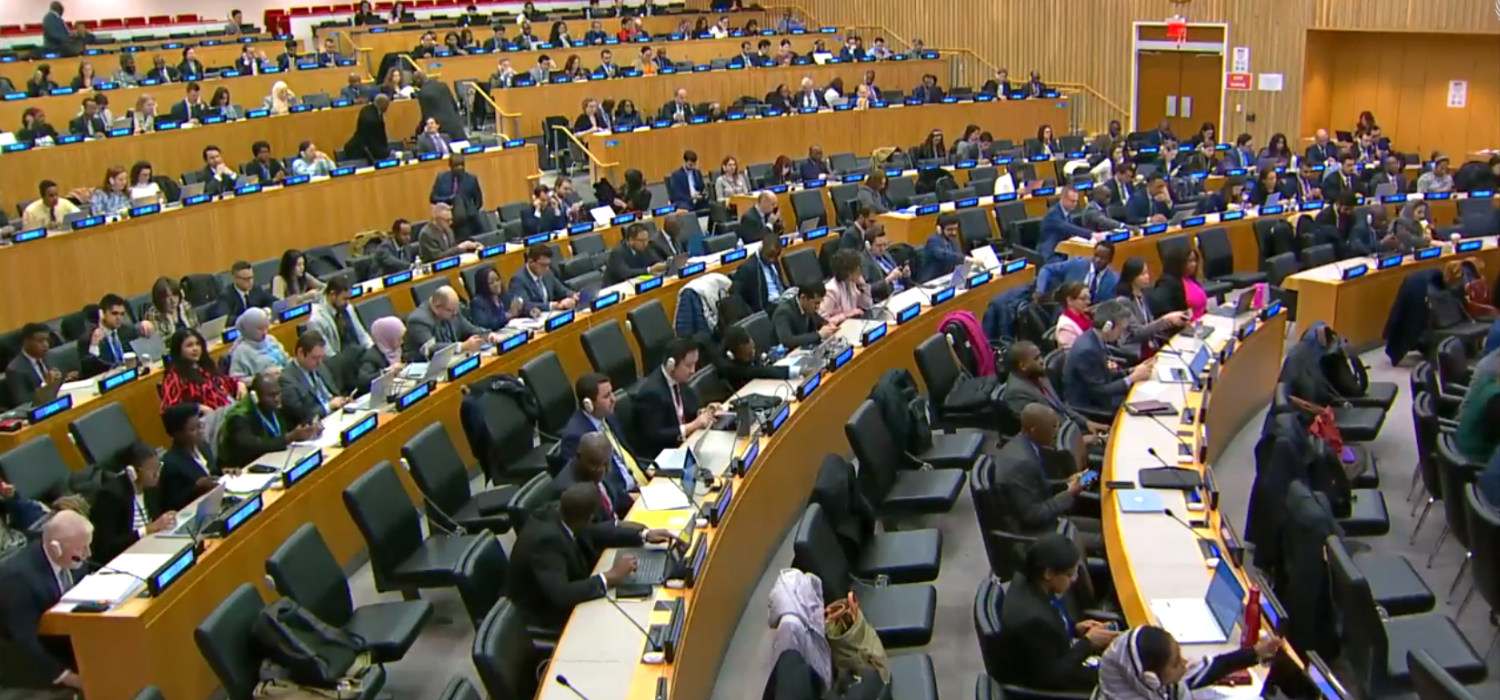SEED FUNDING JOINT PROGRAMMES
Cambodia
Transforming Cambodia’s food systems to become more sustainable, inclusive, and resilient


PROJECT TITLE | Transforming Cambodia’s food systems to become more sustainable, inclusive, and resilient |
| Context | Cambodia’s National Pathway is the outcome of an extensive consultation process, involving more than 2,000 people throughout thirty dialogues, which identifies four priority areas, namely healthy diets for all, empowerment of youth, women and vulnerable groups, resilient livelihoods and food systems, inclusive governance. Acknowledging the risks posed by climate change to hard won development gains and as a co-founder of the Alliance of Champions for Food Systems Transformation, Cambodia is prioritizing the integration of climate change and food systems transformation, building coherence across the agendas. The Council for Agricultural and Rural Development, the government agency coordinating food security and nutrition initiatives in Cambodia, is leading collaborative efforts to translate national aspirations into concrete action. |
| PUNOs | FAO, WFP, UNICEF |
| Contribution to SDGs | SDG 2 Zero Hunger |
| Contribution to other SDG transitions | Climate, biodiversity, pollution |
| Duration | August 2024 – July 2025 |
| Expected financial leverage | $3 million |
| Alignment with SG Call to Action | Policy integration; Food systems governance; Inclusive and participatory design; Private sector engagement |
| Outcomes | The Joint Programme fosters an enabling environment for food systems transformation by enhancing national capacities and policy frameworks, identifying opportunities to unlock financial streams, and strengthening advocacy efforts for food systems transformation. The JP provides crucial support to the alignment of the climate and food agendas, accelerating progress towards resilient, sustainable and inclusive food systems. |
| Partners | Council for Agricultural and Rural Development (CARD) will be the main government counterpart and will coordinate the government activities in conjunction with other key Ministries, including:
|
| Outputs |
|
UN Second Committee spotlights UN Food Systems Summit process in newly adopted resolutions
At its seventy-eighth session, the Economic and Financial Committee (Second Committee) of the General Assembly adopted multiple resolutions where Member States reaffirm the importance of the UN Food Systems Summit process and look forward to the upcoming UNFSS+4 Stocktaking in 2025.

Over the past months, Member States gathered at the United Nations Headquarters in New York to negotiate resolutions under the UN Second Committee. During 2C deliberations, a number of resolutions were adopted to support the advancement of sustainable development.
Many of the resolutions underscore Member States’ recognition of the importance of building more inclusive, equitable, efficient, resilient and sustainable food systems to achieve the Sustainable Development Goals (SDGs), noting the UN Food Systems Summit (UNFSS) process as a key mechanism steering this work.
UN Food Systems Summits as catalysts for Agenda 2030
The newly adopted resolution on agriculture development, food security and nutrition ( A/C.2/78/L.65) calls for a comprehensive and coordinated approach involving national governments, civil society, academia, the private sector, and the international community to bring SDG 2 – Zero Hunger – back on track. Highlighting the biannual UNFSS Stocktaking as a crucial platform for this collective action, the resolution advocates for the implementation of the voluntary commitments that arose from the 2021 Summit, leveraging the support of the UN Food Systems Coordination Hub. Member States look forward to the UNFSS+4 in 2025 for a thorough review of progress made on these commitments.
The UNFSS process also garnered recognition within the resolution on agricultural technology for sustainable development ( A/C.2/78/L.24/Rev.1) as a significant forum facilitating food systems transformation through the advancement of agricultural technologies, innovations, and digitalization. The resolution on implementation of the Third United Nations Decade for the Eradication of Poverty (2018–2027) ( A/C.2/78/L.60) highlights how the UNFSS promotes policymaking that supports an inclusive, sustainable and resilient recovery to the COVID-19 pandemic, and the resolution on natural plant fibres and sustainable development ( A/C.2/78/L.32/Rev.1) expresses appreciation for the UNFSS+2 within the context of advocating for more sustainable production, consumption, and utilization of natural plant fibers.
Implementing resolutions for transformative change
Aligned with the UN Secretary-General’s Call to Action, the Hub remains dedicated to working with countries and the wider Ecosystem of Support to facilitate the realization of these resolutions through the implementation of national visions and pathways for food systems transformation.
